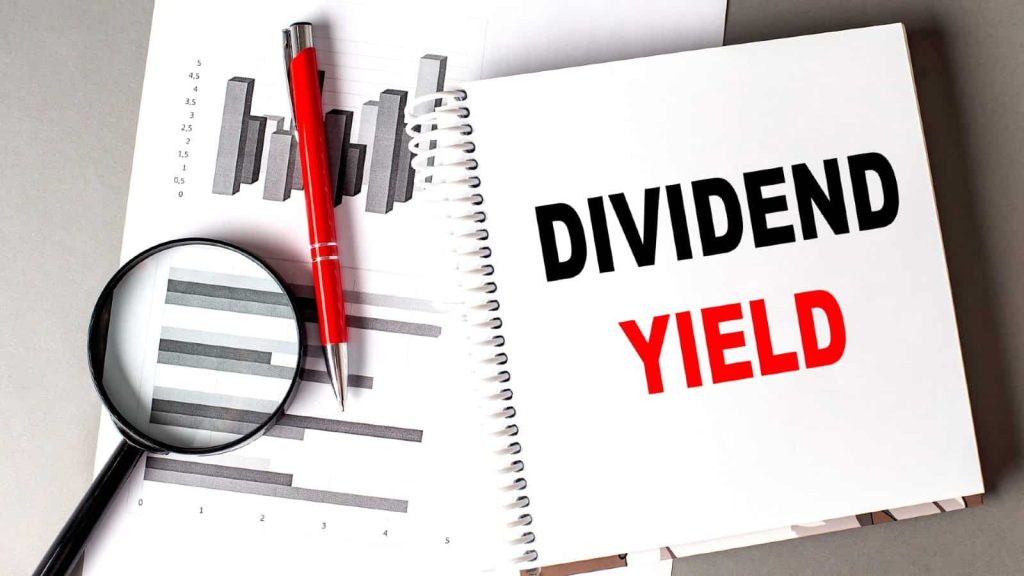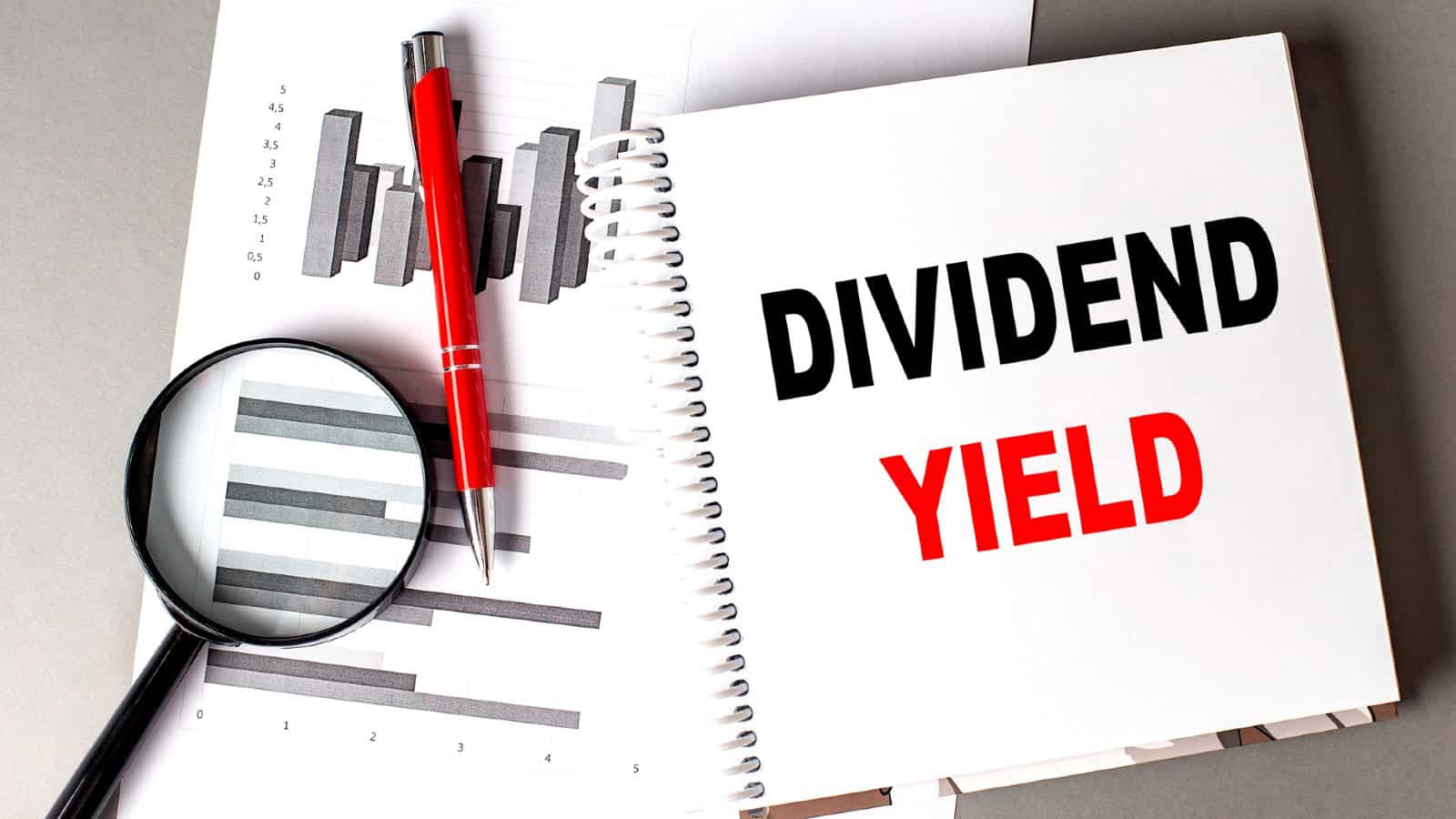With an 11.2% yield, could this FTSE 250 share be a dividend gold mine?


It’s not unusual to find some of the best UK dividend shares on the FTSE 250. The smaller market caps mean it’s prone to more extreme price fluctuations. This can lead to inflated yields as the two metrics are inversely correlated.
Naturally, nobody wants to invest in a high-yield dividend stock just to watch the share price plummet. So when evaluating UK stocks for passive income, it’s crucial to assess where the price might be heading.
With an eye-catching 11.2% dividend yield, Ashmore Group (LSE: ASHM) stands out as one of the highest-paying stocks on the index. But is this a genuine dividend gold mine, or is the yield too good to be true?
I took a closer look at the company and assessed the pros and cons of investing in it.
High yield, moderate value
Ashmore Group is a specialist emerging markets investment manager, overseeing billions in assets across fixed income, equities and alternative investments. The company’s expertise in developing markets has helped it carve out a niche, while also exposing it to global economic volatility.
At around 11.2%, its yield is well above the average for FTSE 250 dividend stocks. However, this is partly due to its falling share price, which has declined since early 2021.
Some concerns have been raised by shareholders, including outflows and declining assets under management (AUM). However, the firm has maintained its dividend despite these challenges, raising questions about its sustainability.
Earnings also suffered recently, missing expectations by 36% in the second half of 2024. That’s no small miss and naturally, a cause for concern. Fortunately, things seem to be improving, with earnings up 5.7% in the first half of 2025.
The shares seem fairly priced, with a moderate price-to-earnings (P/E) ratio of 14.4 — down from 45 in early 2023.
What are the risks?
The main thing that worries me is the dividend sustainability. A high yield is attractive but it can also be a red flag. With profits under pressure due to declining AUM, some analysts question whether Ashmore’s dividend policy is too generous and at risk of being cut.
Adding to this worry is the question of emerging markets. With its performance closely tied to emerging economies, it could suffer high volatility due to currency fluctuations, political instability or changing interest rates.
And last but not least, share price performance has been less than impressive. The stock has been on a downward trend for several years, significantly underperforming the broader market. A declining share price can sometimes indicate structural issues within a company.
On the plus side
The double-digit yield is undeniably appealing for income-focused investors. It also has a track record of consistent payouts and its strong balance sheet suggests it can continue rewarding shareholders in the near term.
Despite asset outflows, the company has minimal debt and is still profitable. Its high operating margins and cost efficiency could help sustain dividends even in difficult market conditions.
Its exposure to emerging markets, while risky, also offers benefits. At times, such markets have delivered higher long-term returns compared to developed economies. If capital flows into these regions recover, Ashmore’s assets under management could rebound, boosting profits and share price performance.
Overall, I think Ashmore is a stock worth considering for dividends.
The post With an 11.2% yield, could this FTSE 250 share be a dividend gold mine? appeared first on The Motley Fool UK.
But here’s another bargain investment that looks absurdly dirt-cheap:
Like buying £1 for 31p
This seems ridiculous, but we almost never see shares looking this cheap. Yet this Share Advisor pick has a price/book ratio of 0.31. In plain English, this means that investors effectively get in on a business that holds £1 of assets for every 31p they invest!
Of course, this is the stock market where money is always at risk — these valuations can change and there are no guarantees. But some risks are a LOT more interesting than others, and at The Motley Fool we believe this company is amongst them.
What’s more, it currently boasts a stellar dividend yield of around 10%, and right now it’s possible for investors to jump aboard at near-historic lows. Want to get the name for yourself?
More reading
- Down 30%, this FTSE 250 stock has an 11% dividend yield! I’m tempted
- 1 high-yield dividend stock to consider buying for passive income (and 1 to avoid)
- With a 10.1% yield, should I buy this FTSE 250 income stock?
Mark Hartley has no position in any of the shares mentioned. The Motley Fool UK has no position in any of the shares mentioned. Views expressed on the companies mentioned in this article are those of the writer and therefore may differ from the official recommendations we make in our subscription services such as Share Advisor, Hidden Winners and Pro. Here at The Motley Fool we believe that considering a diverse range of insights makes us better investors.







